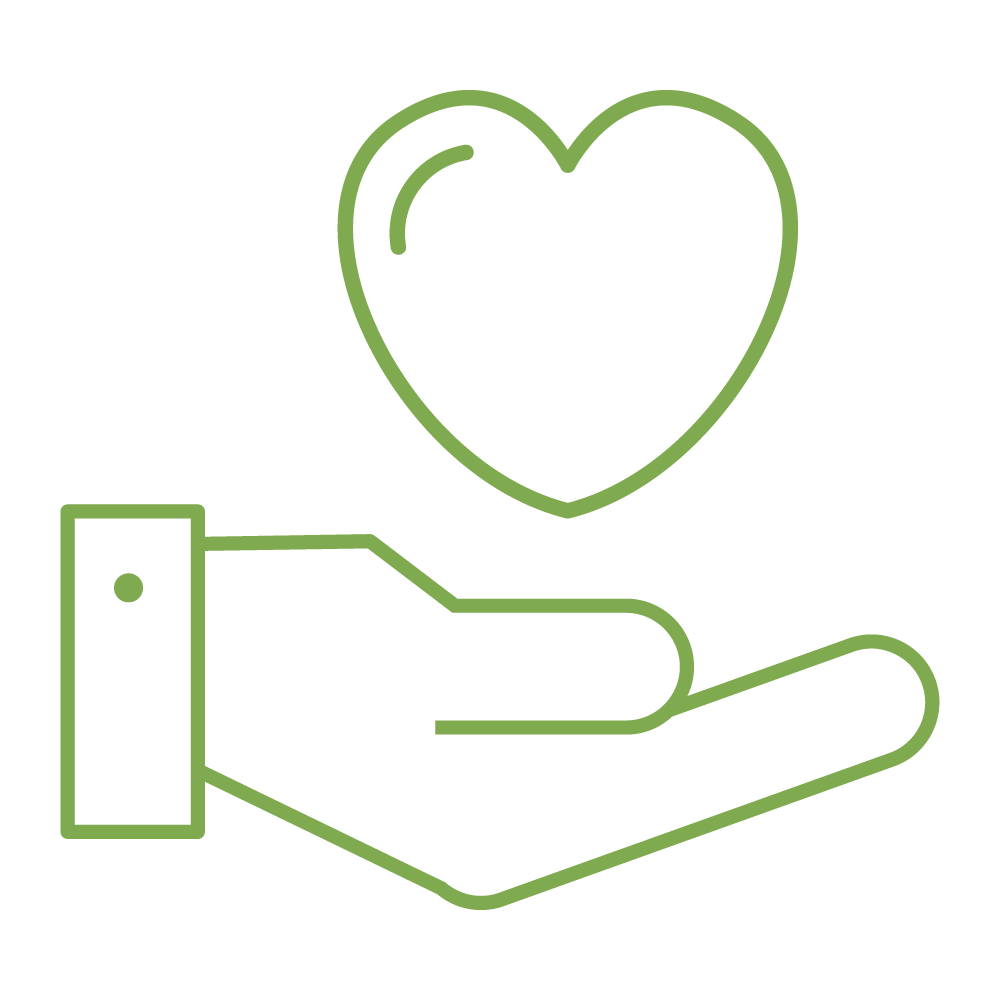Leah is an alum of our Career Namibia program, which focuses on wildlife photography and big cat conservation. She wrote about her experience there for a college application supplemental, unpacking the (potentially harmful) power of preconceptions and the process of unlearning them. She will be attending Northeastern University and will spend her first year at Northeastern’s London campus, studying environmental policy and photography.

Photo by Leah F.
* * *
I love animals and I have always been fascinated by human-animal relationships and interactions. So when I had an opportunity to study animal conservation for three weeks in Namibia this summer, I jumped at the chance. I was excited to learn about animal poaching and rehabilitation while camping out in the African desert (even though I am petrified of snakes and spiders!). While I expected to learn about efforts to stop the illegal killing of animals and how sanctuaries step in to raise orphaned animals and try to heal injured ones, I never imagined how much more I would get out of the experience.
The knowledge I obtained in Namibia went far beyond facts and figures. We delved deep into perceptions and how they impact our actions and choices. For instance, farmers in Namibia are taught to fear lions because they are ferocious and will eat their livestock any chance they get. When I think of the books I read as a little kid, lions were always portrayed as angry and fierce. But the truth is that lion behavior is often misunderstood because of the labels associated with them.
In an effort to see just how damaging labels and preconceived notions can be, I did some research. I spent an afternoon at a wildlife sanctuary interviewing staff and visitors about their first impressions of lions to see how their impressions did or did not differ once they better understood lion behavior.

One of the photos Leah used in her experiment
To assess this change, I showed the staff a photograph I took of a lion next to a giraffe carcass with vultures circling above, and hyenas nearby. I had two copies of the same photo, each with a different caption. One caption said that the lion was protecting his kill in order to feed his pride. The other caption said that the lion was viciously attacking the scavengers. I showed half the staff the protecting photo (Group 1), and the other half, the attacking photo (Group 2). I then showed both groups a new picture of the same lion standing peacefully alone.
When I asked Group 1 to caption the new photo of the lion, their caption said positive things about the lion. But when I asked Group 2 to caption the new photo, they villainized the lion based on the previous photo and its negative connotation. The result confirmed how malleable the human mind can be.
If we can use these results to demonstrate perceptions of lion behavior to the local Namibian farmers, we can truly aid conservation efforts. If the farmers better understand lions, they can coexist, and stop killing lions out of fear alone.

Photo by Leah F.
Imagine if this type of education was applied to other labels such as race, gender stereotypes, and political affiliations! How amazing would it be if we could teach people to open their minds and “unlearn” what they think is right, readdress those topics with proper knowledge, and form new opinions based on truth rather than misinformation.






